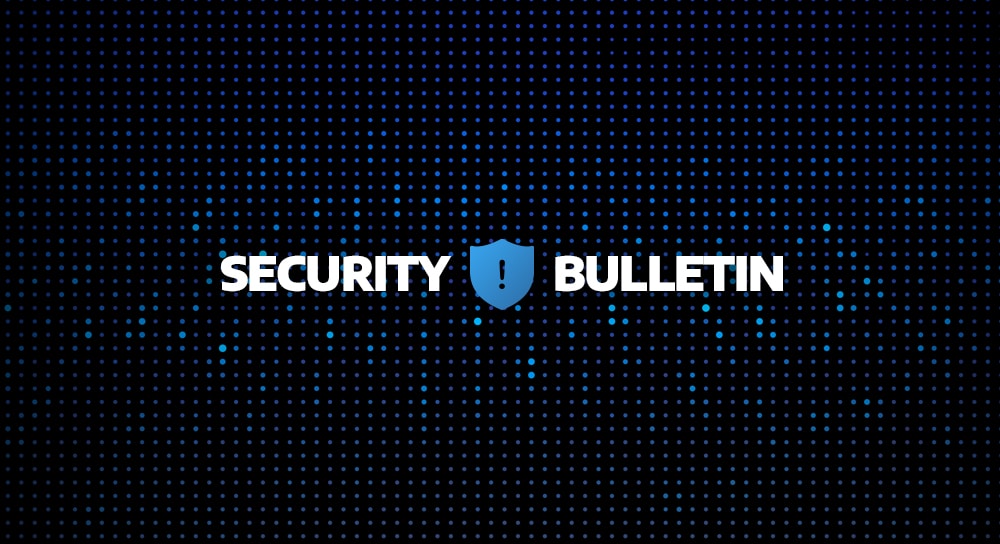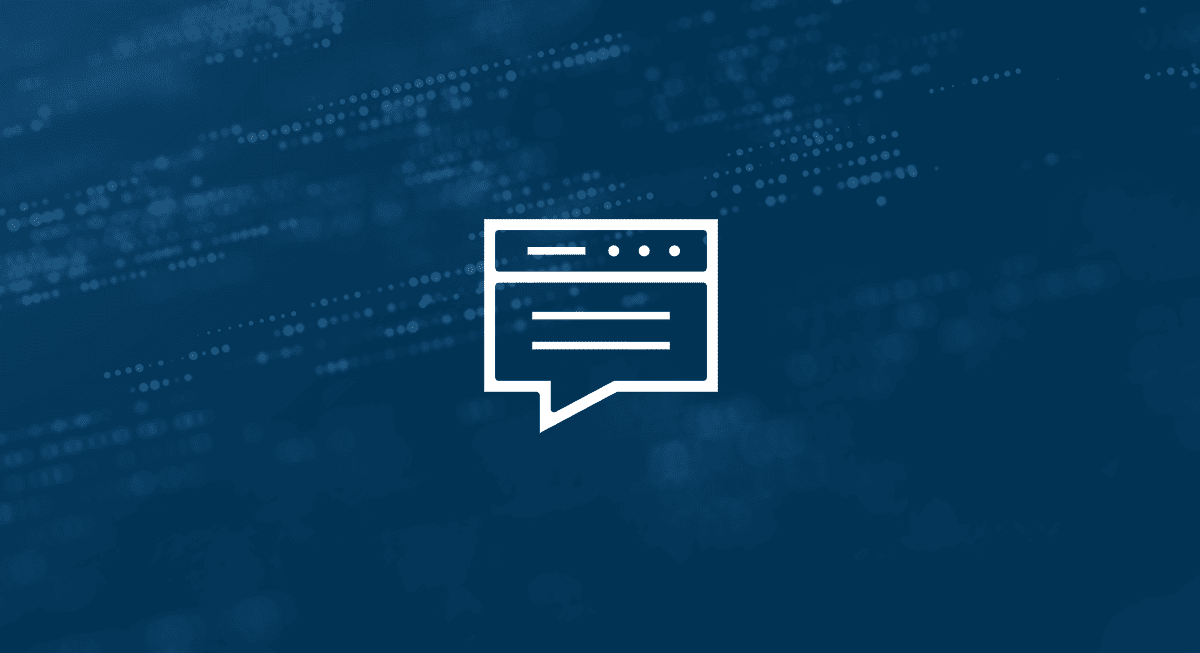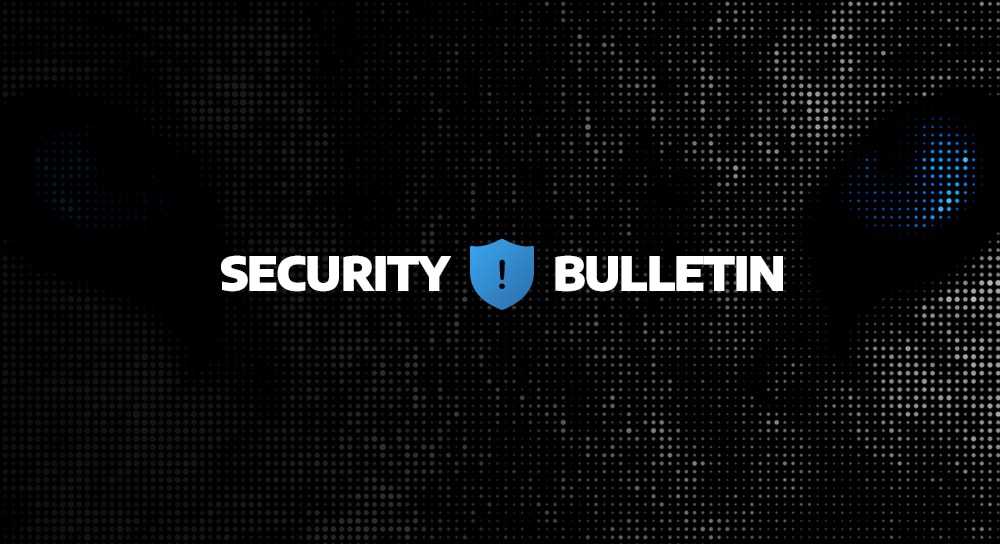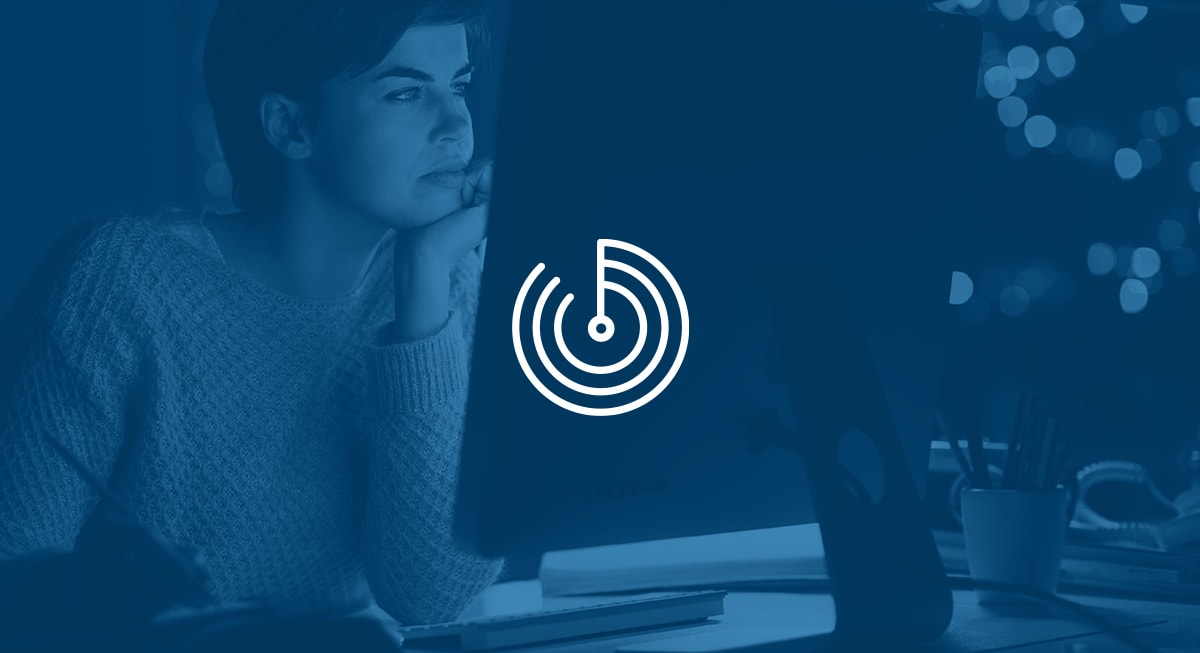The data revolution catalyzed much of the innovation around technology in the 2010’s, with new capacities for collecting, analyzing, and storing data enabling the technology industry to stay on the cutting edge and recruit the brightest minds.
In the past decade, the proliferation of ransomware, phishing, and online scams has fueled an ever-escalating software arms race in cybersecurity to protect the data in our online world. As data continues to move at the speed of light, cybersecurity has become the newest frontier of technology, and broadcasting that fact will go a long way toward closing the skill gap in the industry.
Think of F1, the fastest-growing sport in the world and one of the emerging sports that I love to watch. The reason F1 fascinates so many people is because it’s always on the bleeding edge of all racing technology. They use artificial intelligence to help the performance of their vehicles and leverage new materials, new engineering, and are on a constant quest for peak performance measured in milliseconds above competitors.
In the technology industry, cloud infrastructure, big data and AI are all used in different industries to optimize certain processes. But cybersecurity stands at the convergence of all of them, creating some of the most innovative technology in the world.
As an industry, we have been continuing adopters of AI. We work across massive datasets and we have to build these expansive analytic pipelines to look at data as it’s streaming into the platform.
I like to think of cybersecurity as the F1 of the software industry because we’re converging all of this cutting-edge technology to bring new products to market. But that’s not the only reason cyber has become an exciting place for young developers; it’s also because we’re saving the world while doing it.
At the end of the day, cybersecurity companies have possibly the strongest value proposition in software because we aim to save our customers, not just improve productivity in one area. Cybersecurity has become the fastest-growing AI software category in large part because our adversaries hiding across the world are using AI, ML and big data tools to build malicious software at the same speed we’re building detection and response systems. That means that the bar of innovation in cybersecurity has been set by an external force that we have no visibility into.
Being the only industry with a true adversary — and an invisible one — requires constant momentum forward, with better data collection systems, more advanced AI to detect insights and faster alerts to stay ahead of the bad guys.
The unique, fast-paced nature of cybersecurity is our industry’s largest asset when it comes to recruiting new talent out of universities or from other markets. With more than 770,000 cybersecurity jobs available in the U.S. alone, it’s imperative that the industry spread the message that there’s never a lull in cybersecurity innovation compared to other areas of software development.
And while cybersecurity has become primary hotbed for innovation in AI, the industry will always need humans to wield the tools we develop. A modern security operations center (SOC) requires a human element and an artificially intelligent element working in unison to enable action at the speed of data, and anybody who says otherwise — like advertising “fully autonomous security” — might not be telling the truth.
SOC analysts are what I like to call the “last mile” of security, and they get to work with the newest technology on the market. That’s why we should sell future candidates on careers in cybersecurity by projecting the message that they’re working for good – and at a speed unmatched elsewhere in technology today.
This article originally appeared in SC Magazine.
Learn about the benefits and capabilities of MDR solutions with the 2023 Gartner® Market Guide for MDR Services.
Explore how an MDR solution can help your organization’s security posture with A Security Leader’s Guide to Leveraging MDR for Security Maturity and Development.






